
Asia rises again
This map shows how economic power moved from east to west over the course of centuries — and then snapped rapidly back east over the past few decades

This map shows how economic power moved from east to west over the course of centuries — and then snapped rapidly back east over the past few decades

Cities around the world are getting smarter.

“I always had the American dream,” says Bernardo Mattos, sitting outside his shooting club in Rio de Janeiro

Last year, Ian Goldin of the University of Oxford and Robert Muggah, a Brazil-based policy analyst, also released Terra Incognita: 100 Maps to Survive the Next Hundred Years
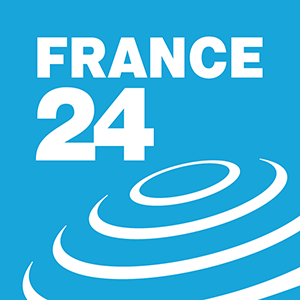
A judge on Brazil’s Supreme Federal Court on Monday suspended parts of four decrees issued by President Jair Bolsonaro relaxing the country’s gun control laws.

The COVID-19 pandemic is transforming virtually every aspect of our lives.

Mongabay caught up with Igarapé Institute co-founder Robert Muggah this week to discuss Ecocrime, a new data visualization platform that combines visual storytelling with access to raw data on environmental crime in the Amazon.

All coastal cities are vulnerable to climate change
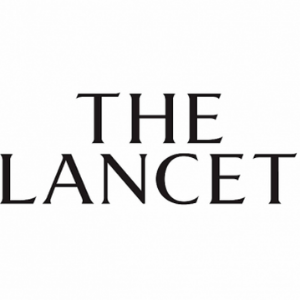
Robert Muggah’s book, Terra Incognita, received a positive review in The Lancet.

From abroad, she’s urging lawmakers and the country’s Supreme Court to strike down the measures.
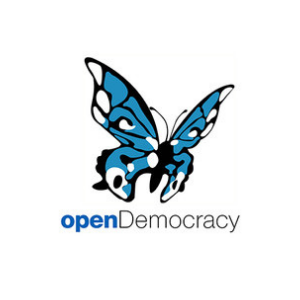
Bolsonaro’s administration is largely responsible for all of this chaos, which has killed 270,000 Brazilians.

Ilona Szabó de Carvalho points out that while violent crime declined in the city, it increased in the rest of the state — a phenomenon reflecting the judicial decision to ban police operations in the city.

Latin America and the Caribbean are suffering from the twin epidemics of COVID-19 and organized crime and violence.
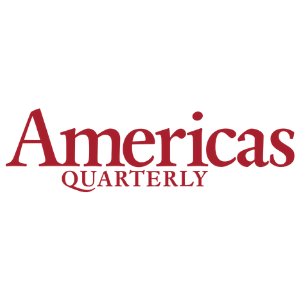
Even with deaths at all-time highs, Bolsonaro continues to undermine efforts to address the pandemic
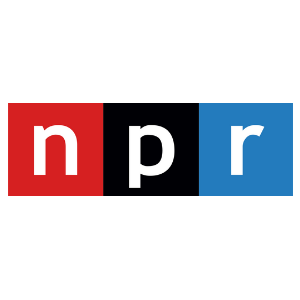
Brazil is in critical condition. Latin America’s largest country is experiencing record-breaking death tolls and its health system is teetering on the brink of collapse.
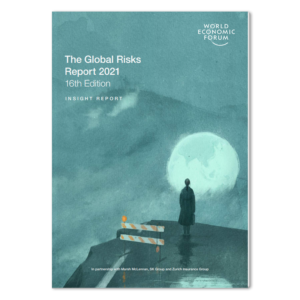
Robert Muggah contributed to the annual Global Risks Report.
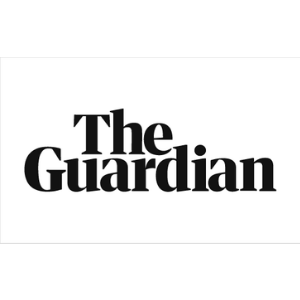
Jair Bolsonaro’s latest efforts to make guns more easily available to Brazilians have sparked anger and trepidation with some calling the moves a threat to the South American country’s young democracy.
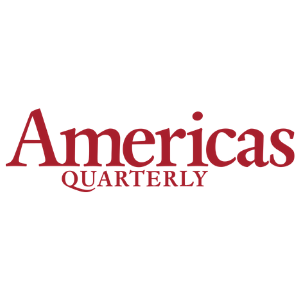
It’s no surprise that a president whose campaign symbol was making a gun gesture with his hands would turn out to be a pro-gun leader once in office.

The COVID-19 pandemic is generating monumental challenges for most governments, corporations and societies, both online and off.

It was once fashionable to describe Brazil as the country of the future.

One of the many injustices of climate change is it hits the world’s poorest countries hardest
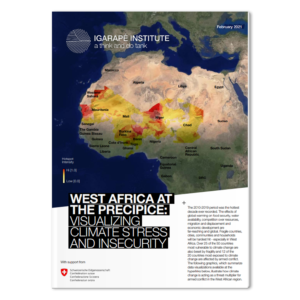
Instituto Igarapé preparou o boletim “Avaliando as relações entre as mudanças climáticas e a segurança na África Ocidental”

When Brazilian President Jair Bolsonaro repeatedly downplayed the threat of COVID-19, Brazilians were understandably confused about the gravity of the pandemic.

We’re pleased to announce the shortlist for the Think Tank Awards 2020.

Globalization is the most progressive force in the history of humankind.

Is it possible for societies to reduce crime without creating or exacerbating adversarial relationships between the police and citizens?

Late last year, Colombia’s federal police arrested Diego Optra, a crime boss who heads a ruthless gang called La Local in the port city of Buenaventura.

The global green transition will accelerate – and not a moment too soon.

At least one foreign leader still believes outgoing U.S. President Donald Trump’s desperate claims that the election was rigged.
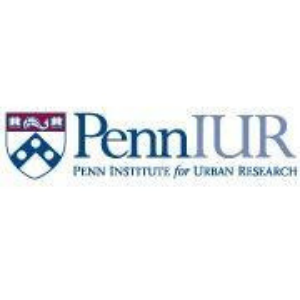
The COVID-19 pandemic could give rise to positive innovations in cities and a radical intolerance of the status quo

The Igarapé Institute uses cookies and other similar technologies to improve your experience, in accordance with our Privacy Policy and our Terms of Use, and by continuing to browse, you agree to these conditions.

O Instituto Igarapé utiliza cookies e outras tecnologias semelhantes para melhorar a sua experiência, de acordo com a nossa Política de Privacidade e nossos Termos de Uso e, ao continuar navegando, você concorda com essas condições.

